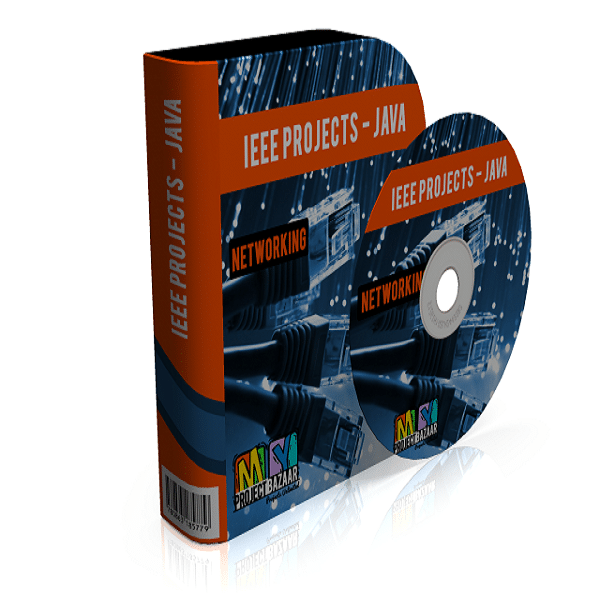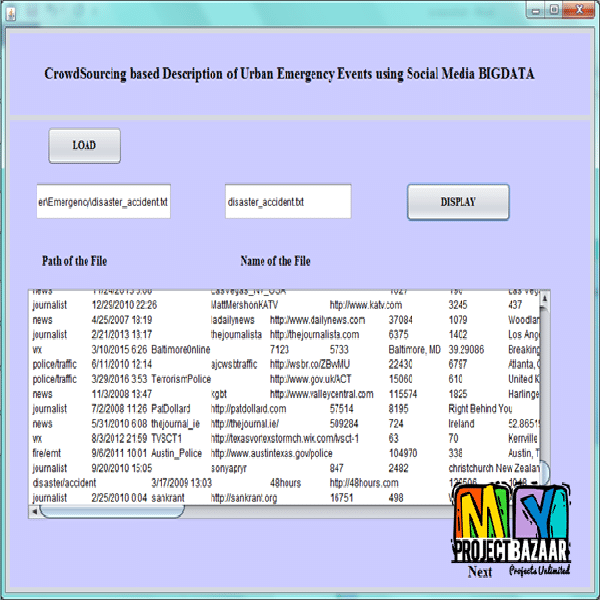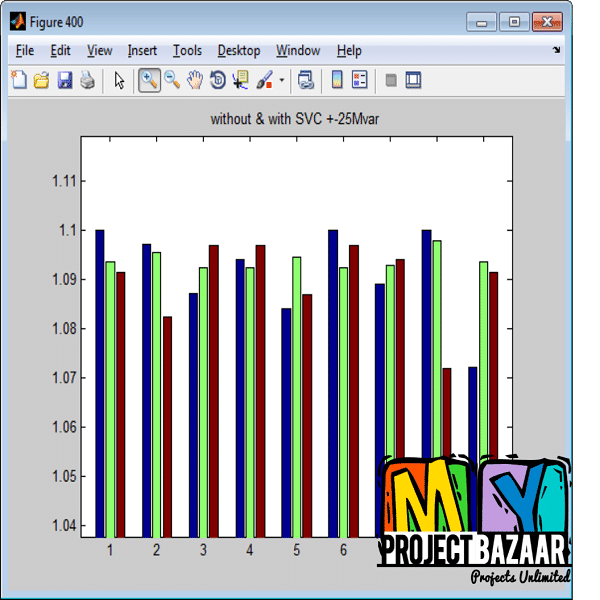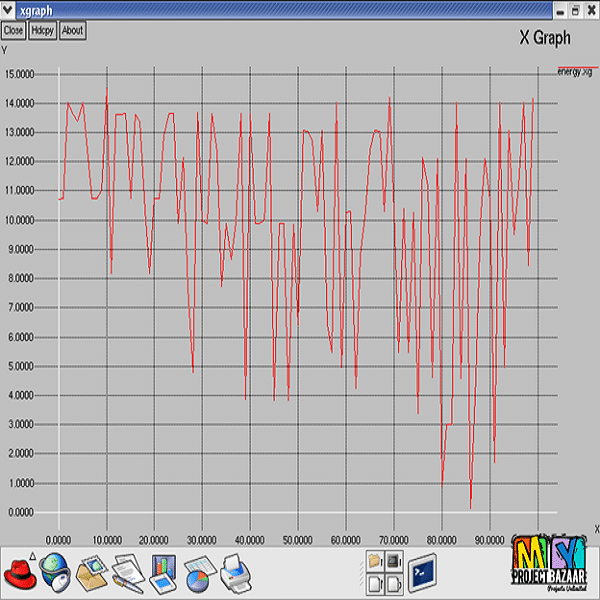Table Of Content
- Introduction
- Java Programming Language
- Surprising Features of Java Programming Language
- Simple
- Platform Independent
- Portable
- Secure
- Robust
- Object-Oriented
- Multithreading
- Distributed
- Dynamic
- Java Components
Introduction
Evolution of Java: Generally, Java is an object-oriented and class-based programming language. It consists of JVM, i.e., Java Virtual Machine is the cornerstone of the Java platform. In this blog post, it is obvious to know the evolution of Java and it’s amazing Java Projects.
Evolution of Java – Java Programming Language
Java is a highly popular programming language from the early 2000s till the present 2020 and beyond too.
It can use in several domains. Some of the following domains are given below such as
- Retail
- Banking
- Android
- Big Data
- Stock Market
- Research Community
- Financial Services
Advanced Java Features

There are various surprising Advanced Java Features such as
- Simple
- Platform Independent
- Portable
- Secure
- Robust
- Object-Oriented
- Multi-threading
- Distributed
- Dynamic
Simple
Specifically, in Evolution of Java is designed in such a way which it can learned very easily. Even if you understand the fundamental concepts of object-oriented programming, then it is easy to become an expert in Java. Since, it is a very simple language as it is derive from C and C++. Also, there is a facility for automatic garbage collection, therefore that you don’t have to delete the unreferenced objects manually.
Platform Independent
Normally, Java is the platform-independent due to its independent of a software environment is available. Java source code can run on several operating systems. This code runs on any machine which does not require any particular software has to installed, but the Java Virtual Machine requires to be present in the machine.
It consists of two components such as
- Runtime environment
- API (Application Programming Interface)
In that case, java code is compile into platform-independent byte code. In fact, you can run it on Windows, Mac operating system, and Linux, etc. It runs on several platforms as the program written is compiled, and also the bytecode generated is platform-independent code. This language provides the feature “Write Once, Run Anywhere.”
Portable
In general, Java is a highly portable language as the bytecode can carry to any platform. This code can be executed on all major platforms. Once you have compile your java source code to bytecode, those files can use on any Java supported platform without modification. It needs compiling the machine code for each platform. For example, a seperate.exe for 32 bit vs. 64-bit environments.
Secure
This is a secure language due to it has various features. Some of the following features such as
- It has no explicit pointer
- Programs run in a virtual machine sandbox
- It has a security manager which helps to define the access of java classes
- It has a byte code verifier which allows verifying the code fragments for any illegal code which violates the access right
- Java adds a class loader which divides the classes for a package of the local file system from imported ones from the network
Robust
As a matter of fact, Java is a robust language as it uses an active memory management and a lack of pointers that help in increasing security problems. In fact, automatic garbage collection, exception handling, and type checking mechanism options make a powerful language.
With the help of automatic garbage collection, memory management model, and language features such as generics and try-with-resources, the importance of JavaScript language guides the programmer toward reliable programming habits for developing secure application projects.
Object-Oriented
As a matter of fact, Java is an object-oriented programming language. Specifically, this means everything in Java is an object as it modelled around “objects” rather than the “process.” In fact, it has the following several concepts such as
- Object
- Class
- Polymorphism
- Inheritance
- Encapsulation
- Abstraction
Multi-Threading
A thread is a different program that helps to run concurrently. With the help of this feature, Java handles multiple tasks simultaneously. The thread doesn’t occupy memory, and they work on memory sharing. Therefore, if you want to execute various programs simultaneously, then you can use multi-threaded architecture.
This platform is specifically designed with multithreading capabilities built into the language. It means you can develop applications with many concurrent threads of activity, resulting in highly interactive and responsive applications.
Distributed
Java language provides a feature that helps to develop distributed applications. Using RMI, i.e., Remote method Invocation, a program can invoke a method of another program across the network, and it gets the output. This language creates distributed applications using RMI and EJB. Therefore, you can access files by calling the methods from any machine on the Internet.
Dynamic
It is one of the Advanced Java Features, it can adapt to an evolving environment which helps to supports dynamic memory allocation due to memory wastage is reduced, and also the performance of an application is increased simultaneously.
Java Components
Java Virtual Machine (JVM)
JVM is an abstract machine. It offers a runtime environment in that Java bytecode can be executed. As well as, it follows three notations.
Implementation: It is a program which meets the requirements of JVM specifications.
Specification: It is a document that determines the implementation of the Java virtual machine.
Run-time Instance: An instance of a Java virtual machine is created when you want to write a java command on the command prompt and run the class.
Java Runtime Environment
JRE refers to the runtime environment in which java bytecode can be executed. In fact, it implements the JVM, and it delivers the entire class libraries and other support files that JVM uses at runtime. Therefore, JRE is a software package that contains what is require to run a java . Basically, it is an implementation of JVM that physically exists.
JDK (Java Development Kit)
Java Development Kit is the tool that is necessary to
- Compile
- Document and
- Package java programs
The Java Development Kit consists of Java Runtime Environment that includes certain tools for programmers. Along with Java Runtime Environment, it consists of an interpreter, loader, a compiler, archiver, documentation generator, and also other tools requires in Java development. In simple words, it contains JRE + development tools.






